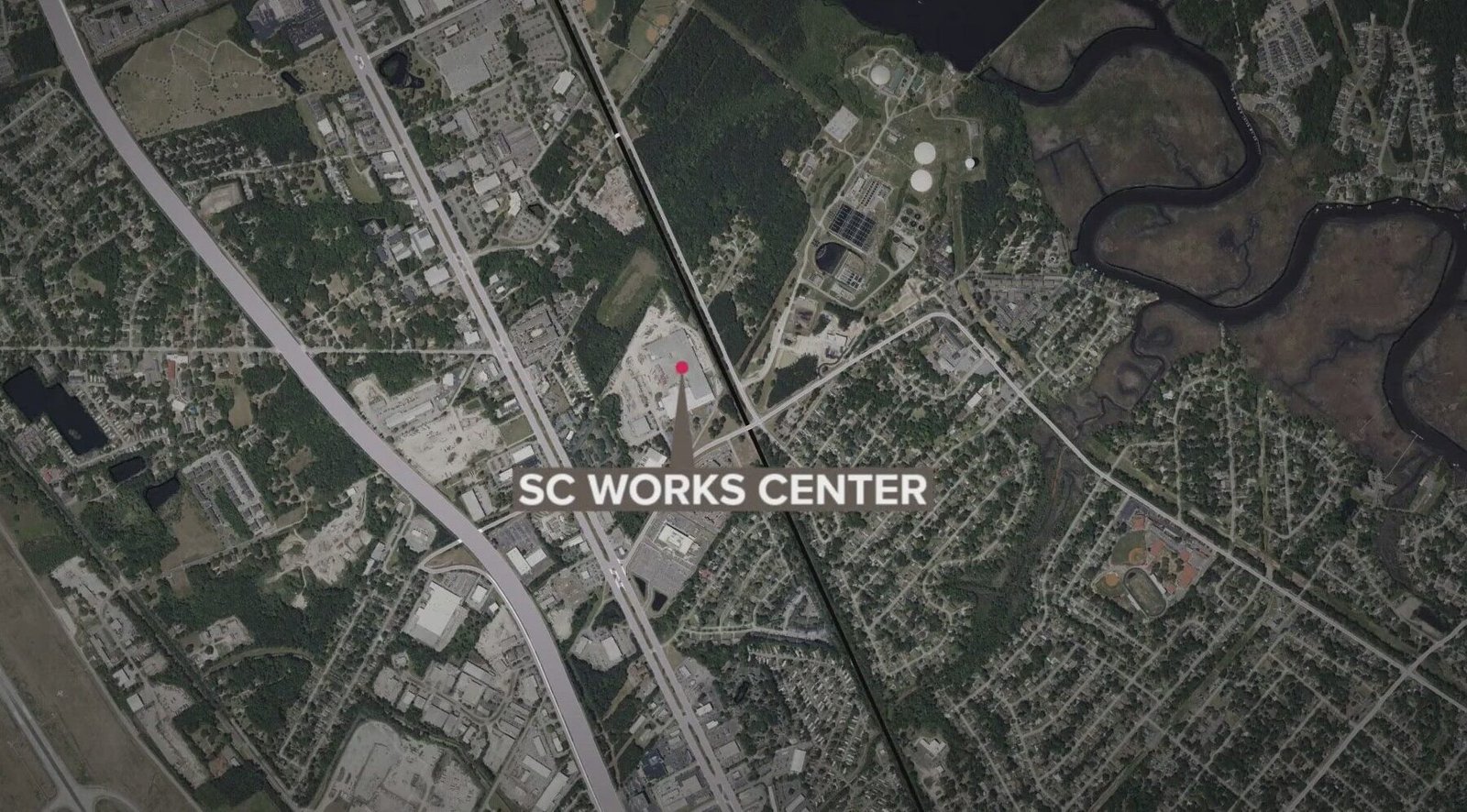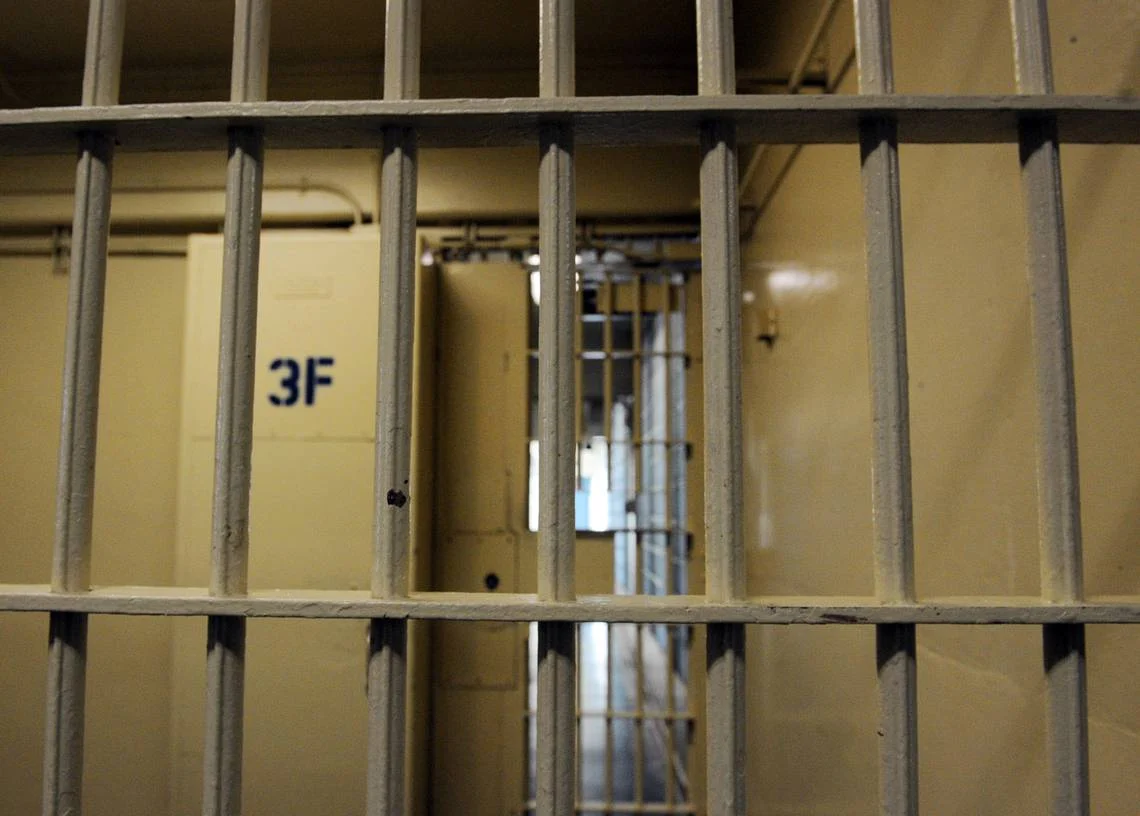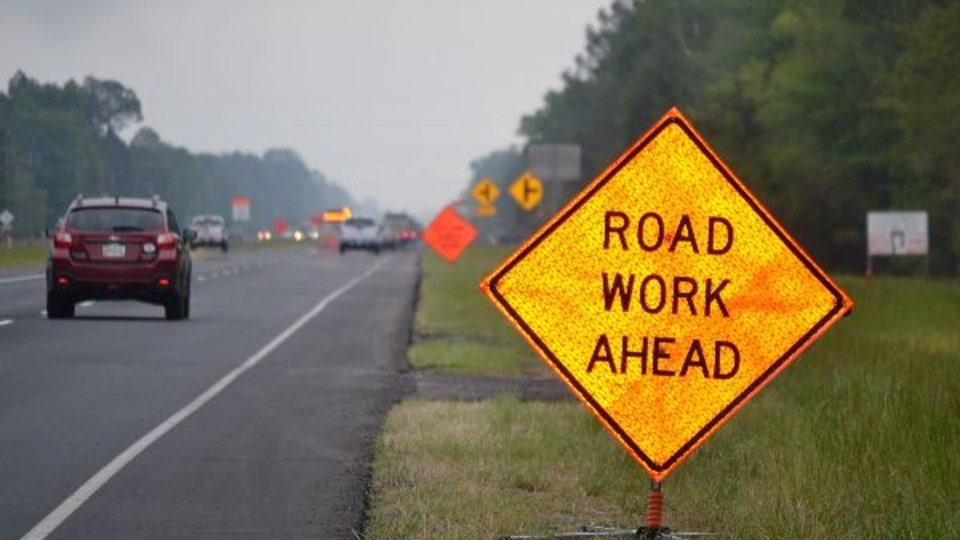Atlanta, Georgia Federal judges are closely examining a Georgia statute that prohibits nonprofits from providing assistance after bail, raising questions about whether it infringes on the right to free speech and association guaranteed by the constitution.
Senate Bill 63, which was passed in 2023, prohibits people or organizations from posting more than three cash bonds annually unless they are registered as commercial bail brokers. Like for-profit bail companies, they would require regulatory compliance, financial surety accounts, and sheriff clearance in order to do so. Civil rights activists call it an assault on philanthropic freedom, while state officials say it’s an essential public safety measure.
Federal Judges Question Free Speech Limits
Several judges expressed skepticism on the validity of the bill during a hearing before the 11th U.S. Circuit Court of Appeals. One judge emphasized that charitable bail initiatives may be considered First Amendment-protected expressive conduct since they are frequently combined with political comments or community activism.
As was stressed in court documents obtained by Courthouse News, the panel cited practices such as livestreaming, demonstrations, and public coordination that frequently follow bailouts, implying that those components make the law more than just a regulation of financial behavior.
Law Temporarily Blocked After 2023 Ruling
In late 2023, a lower court previously imposed an injunction, preventing the law from taking effect for the time being. According to U.S. District Judge Victoria Calvert, the bill probably violates people’s rights to free speech and religion, particularly for religious organizations and churches who see posting bail as an integral part of their mission.
Civil rights activists supported that ruling, and The Guardian’s coverage emphasized its disproportionate effect on low-income and Black areas.
Bail Funds Say They re Being Targeted
On behalf of numerous grassroots bail organizations, the ACLU of Georgia and Georgetown University’s Institute for Constitutional Advocacy filed the complaint. They contend that the statute aims to punish compassion and stop communities from assisting one another in avoiding jail time until trial.
The ACLU has called the Georgia law one of the most severe restrictions on charitable bail work in the nation, according to AP News.
Georgia Argues It s About Regulation, Not Rights
The state argues that the purpose of the statute is to ensure that bail operations, even nonprofit ones, are appropriately licensed and accountable, not to censor expression. The state solicitor general contended that since posting bail is not an expressive act, it is not protected by the First Amendment.
However, scores of prosecutors, legal experts, and justice organizations filed petitions pushing the court to overturn the statute, which has led to a fierce legal challenge to that framing. As mentioned in this story, a joint letter from organizations such as Fair and Just Prosecution contended that the legislation would violate fundamental freedoms and exacerbate incarceration inequities.
Do you believe that Georgia’s bail limits are excessive? Is it appropriate for charitable organizations to freely post bail?Participate in the discussion in the comments area.












